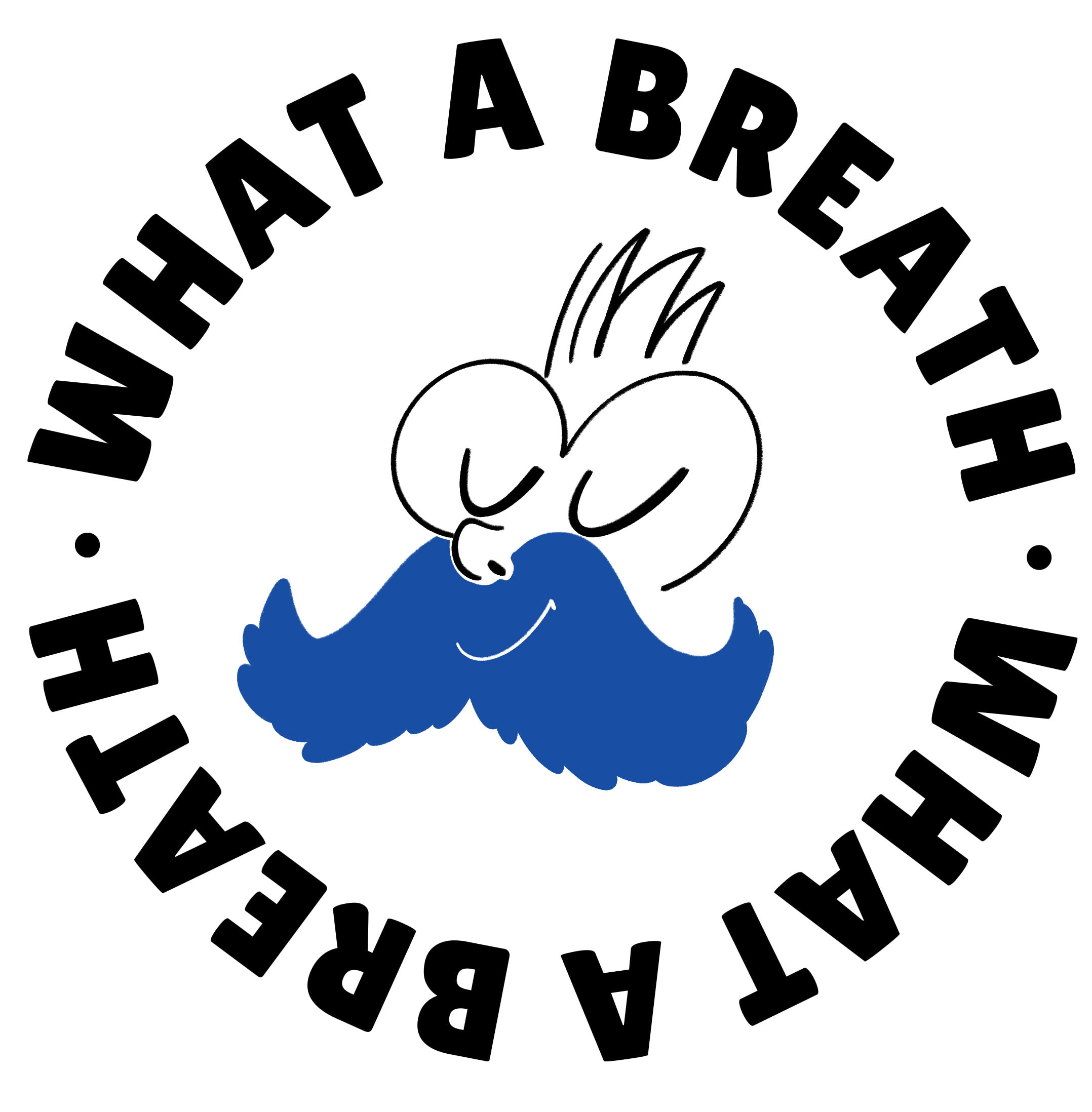As everyone know breathing is an act we perform automatically, without thinking about it. However, few people know that proper breathing can significantly improve our quality of life. Correct breathing is not just a matter of survival but a valuable ally for both physical and mental health. In this article, we will explore the benefits of breathing and why it is important to learn how to do it correctly.
Physical benefits of proper breathing
Deep and controlled breathing offers numerous benefits to our body. Here is how breathing positively affects our physical health.
1. Improves tissue oxygenation
Deep breathing allows the lungs to fully expand, facilitating a greater supply of oxygen to the blood. This process:
- Helps improve blood circulation;
- Promotes tissue regeneration;
- Enhances muscle function.
Adequate oxygenation also means more energy throughout the day, improving physical performance and endurance.
2. Strengthens the immune system
Breathing properly is associated with a stronger immune system. A constant and quality oxygen supply helps the body better fight infections and inflammation, keeping our body healthy.
Mental benefits of deep breathing
The connection between breathing and mental well-being is deep and scientifically proven. Let’s look at the main benefits for the mind.
1. Reduces stress and anxiety
Conscious and deep breathing helps regulate the nervous system, reducing the production of cortisol, the stress hormone. Some advantages of good breathing include:
- Greater relaxation;
- Inner calm;
- Improved mood.
Techniques such as diaphragmatic breathing or the 4-7-8 method can be easily practiced and offer immediate relief from daily stress.I've talk about this argument in this post.
2. Improves concentration
Slow and deep breathing is effective for increasing concentration. With more oxygen in the brain, our focus and cognitive functions receive a positive boost. This is particularly useful for those who work or study for long hours.
Breathing techniques to improve well-being
Learning a few simple breathing techniques can make a big difference in improving overall well-being. Here are the most common techniques and their effects.
Diaphragmatic breathing
This technique involves the diaphragm and helps fill the lungs completely. How to practice it:
- Sit or lie down in a comfortable position.
- Place one hand on your abdomen and one on your chest.
- Inhale slowly through your nose, feeling your abdomen rise.
- Exhale through your mouth, letting your abdomen fall.
Diaphragmatic breathing reduces muscle tension and promotes calm.
4-7-8 method
This technique is useful for those who suffer from anxiety or insomnia:
- Breathe in deeply for 4 seconds.
- Hold your breath for 7 seconds.
- Exhale slowly for 8 seconds.
Repeat the exercise for 4-5 cycles to notice an immediate feeling of relaxation.
Alternate breathing
Also know as Nadi Shodhana, this is a yoga practice that balances the mind and body.
- Close your right nostril with your thumb.
- Inhale through your left nostril.
- Close your left nostril and open the right.
- Exhale through your right nostril.
This technique is excellent for clearing the mind and promoting clearer thinking.
Conclusion
Breathing well is much more than just an act of survival: it is a powerful tool for our physical and mental well-being. Practicing mindful breathing techniques can help reduce stress, improve concentration, and strengthen the immune system.
With a little practice, anyone can benefit from the positive effects of good breathing: get in touch fo a focused coach or to ask for a custom consulting.

